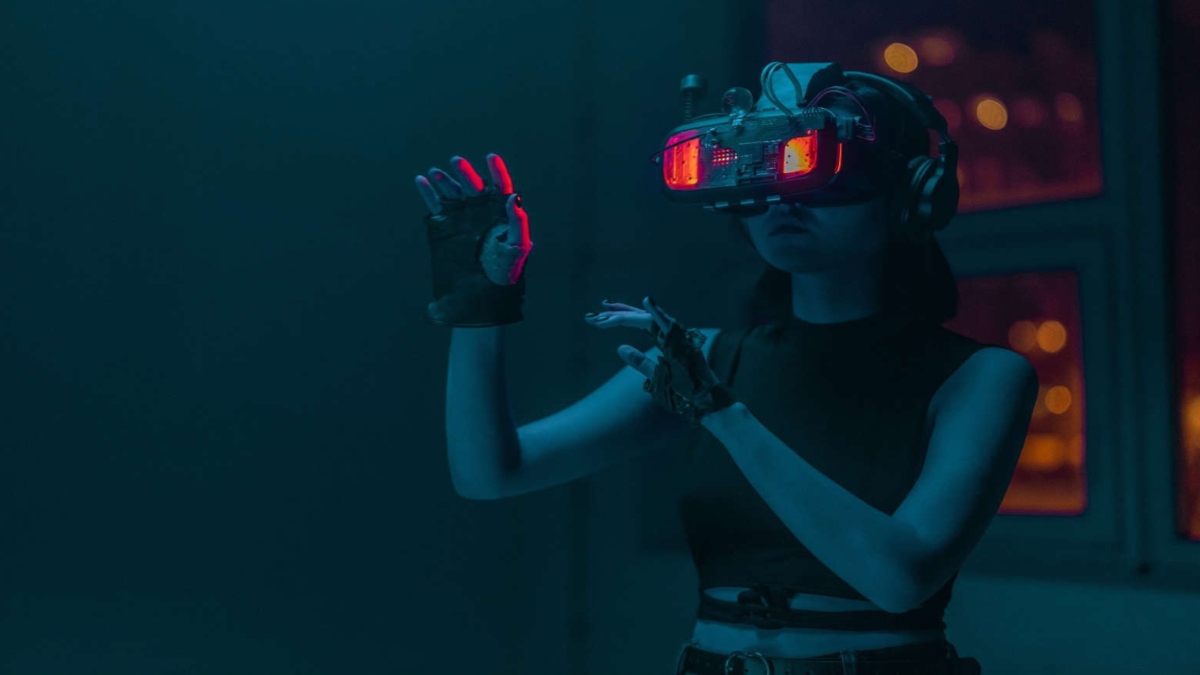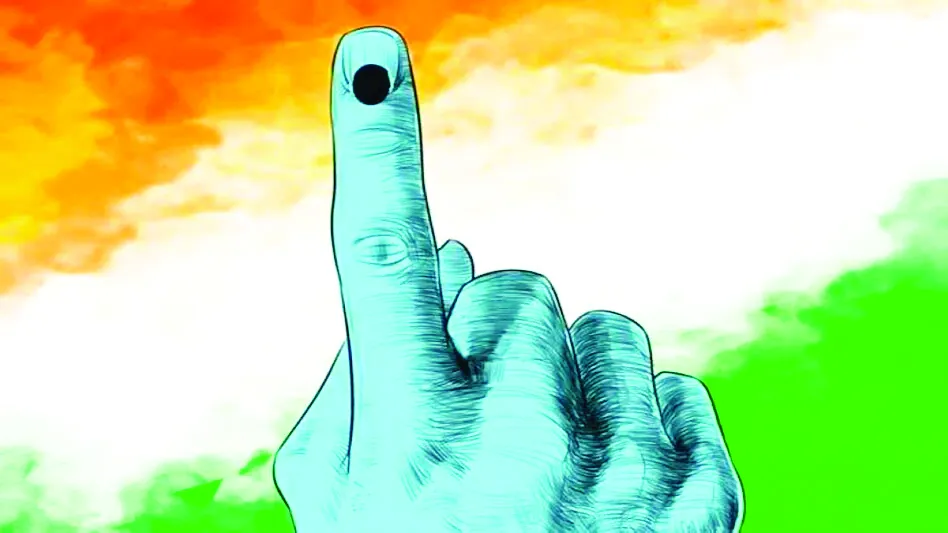Last week the India Foundation held a conclave on the MetaVerse. Speaking at the event which had a robot as a co-compere, Jyotiraditya Scindia, the Minister of Civil Aviation quipped that soon they would not be needing him to come and address the gathering, as there will come a time when a robot could come and deliver his speech. Taking up this train of thought, RSS leader Ram Madhav commented that since we are heading towards a world of Artificial General Intelligence there is a cause for worry as there is one crucial difference between robots and humans and this is intelligence with a heart. He commented that already there are cases of AI outguessing human intelligence, citing the example of Alpha Zero a chess engine developed by Deep Mind & Google search engines, that claims to defeat any chess player that ever lived. Hence there is a need to put checks and balances in place and draw some red lines. Madhav is right otherwise we could well be living in a world where we are shaped by tech instead of the other way around. (In fact, some would say, we are already halfway there).
Also speaking at the India Foundation conclave K Ananth Krishnan (TCS) pointed out that there are more smartphone owners in India than toothbrush owners. We are already in a dependent and needy (toxic is a better word) relationship with technology. In their book, The Art of Bitfulness, Nandan Nilekani and Tanuj Bhojwani, quote a December 2020 survey of 2000 smartphone users revealed that on an average users spent 6.9 hours on their phones every day; and most (46 %) pick up their phones at least five times in an hour-long conversation with friends. 84 % say they check their phones within 15 minutes of waking up.
It would be fair to state that the digital world has our undivided attention. And beckoning from the horizon is the Metaverse, a collective virtual shared space that we can inhabit by creating avatars or our virtual counterparts. By inhabit, they mean everything, from socialising to attending business meetings to even shopping. You can even experience the physical intimacy of a virtual hug or a handshake. You can also buy land and space on this metaverse that is being cultivated by tech giants such as FaceBook and Microsoft (only the latter calls its metaverse Mesh).
All this is very well but where does that leave our human avatars? What kind of discourse will we have where all our conversation will be governed by algorithms. Already with twitter replacing the physical townhall as the preferred forum for debate, we are in the danger of living in an algorithm bubble where we are shown only those posts that match our ideological beliefs. Facebook and Twitter have us wrapped in a bubble where we are shown only those posts that the algorithm thinks are best suited for us. We have already outsourced our search engine to them. Any further dependence will only be detrimental to our capacity for independent and free-thinking.
Digital platforms can also be misused to propagate a certain kind of narrative. If Facebook doesn’t want you to read a particular article it will simply set its algorithm in a way that will make the article harder to find on its search engine. Ditto for YouTube. Twitter can simply ban your account. So for better or (meta) worse, one must approach technology with all the trepidation and enthusiasm of handling a two-edged sword.













